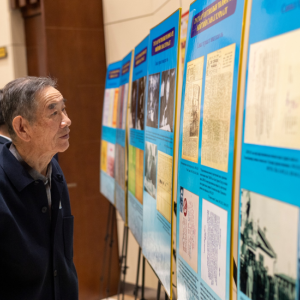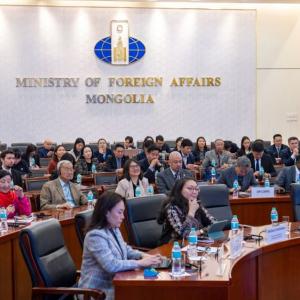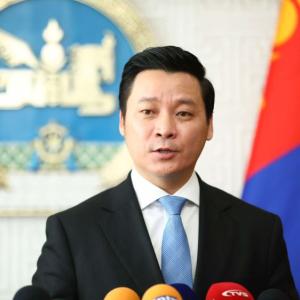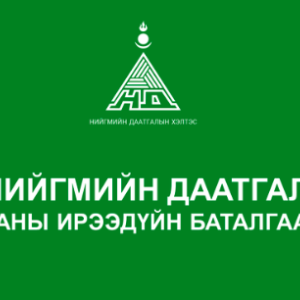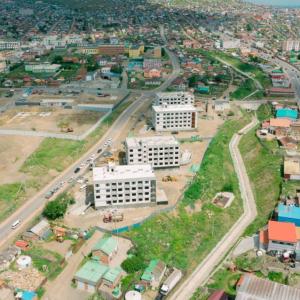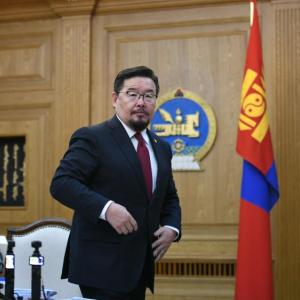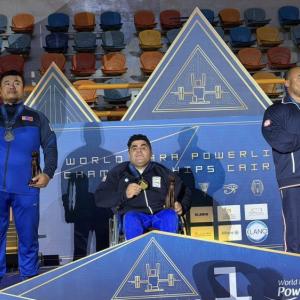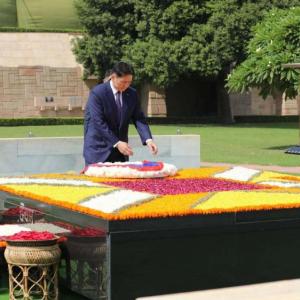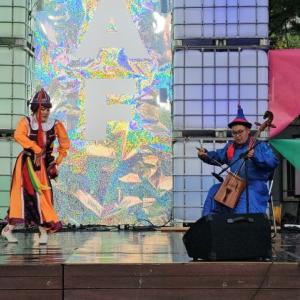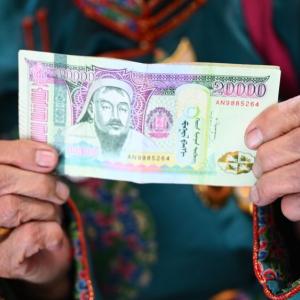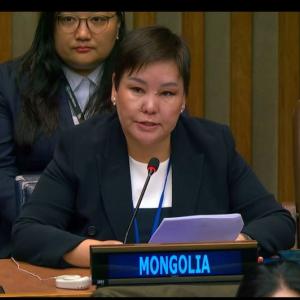‘Donate Life’ Day Highlights Urgent Need for Brain-Dead Donor System in Mongolia
Society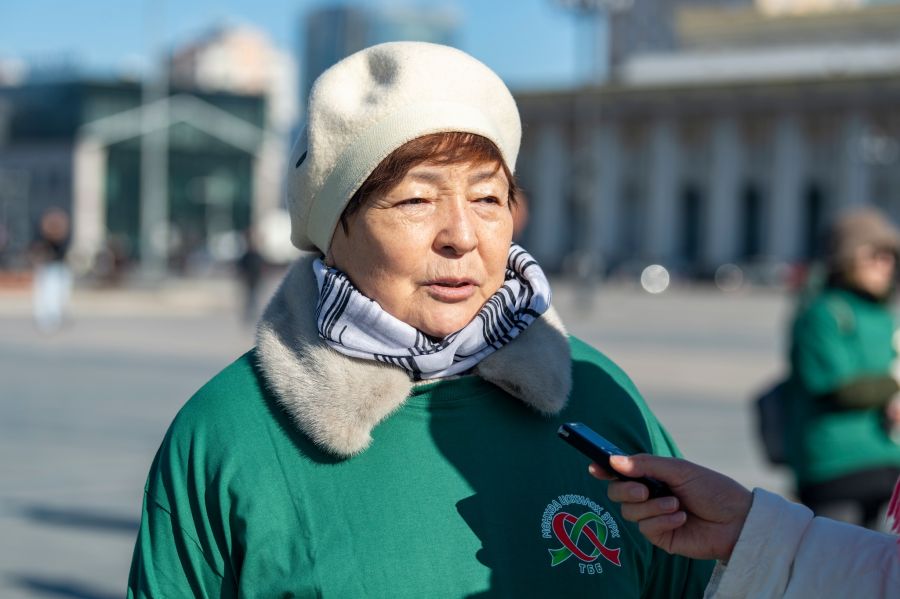
Ulaanbaatar, October 22, 2025 /MONTSAME/. "Donate Life" Day, an event aimed at raising awareness about the importance of organ donation, was held at Sukhbaatar Square on October 21, 2025.
During the event, Head of the Liver Transplant Team, Professor Sergelen Orgoi, highlighted the limitations of Mongolia’s current organ donation framework. “Mongolian law recognizes two types of donors: brain-dead and living. While we usually receive organs from living donors, the need for brain-dead donors is urgent. Unfortunately, such donations are not yet registered in our country,” she said.
Professor Sergelen Orgoi, an Honorary Fellow of the American College of Surgeons, Director of the Liver Center at First Center Hospital, emphasized that organs such as kidneys, hearts, lungs, bones, and tendons can be harvested from brain-dead donors, in addition to livers. “Due to the absence of brain-dead donors, liver and kidney transplants are currently performed only with living donors. Other surgeries that rely on brain-dead donors have ceased entirely,” she added. “One brain-dead donor can save up to ten lives. Mongolia must prioritize the development of a brain-dead donor system.”
Mongolia performed its first kidney transplant in 2006, marking a major milestone in the country’s healthcare sector. In 2011, liver transplant surgery was introduced, followed by stem cell and bone marrow transplants beginning in 2014. The establishment of the Organ Transplant Center at the First Central Hospital in 2011 has since given new life to many patients.
At present, more than 1,040 people in Mongolia are waiting for organ donations. So far, kidney transplants have been performed for 375 patients, liver transplants for 451 patients, and bone marrow stem cell transplants for 34 patients. Over 90 percent of all transplant surgeries in Mongolia have been conducted using organs from living donors.
Under the Law on Organ Donation, a “deceased donor” refers to a person who has been declared brain-dead with irreversible loss of all brain functions, after which certain viable organs and tissues may be retrieved for transplantation.
National health data show that more than 600 people die from accidents and over 3,000 from strokes annually. Despite this, only 72 individuals have received organ transplants from brain-dead donors, as stated by the Head of the Coordination Department of the Cell and Organ Transplantation Center at the Health Development Center under the Ministry of Health.
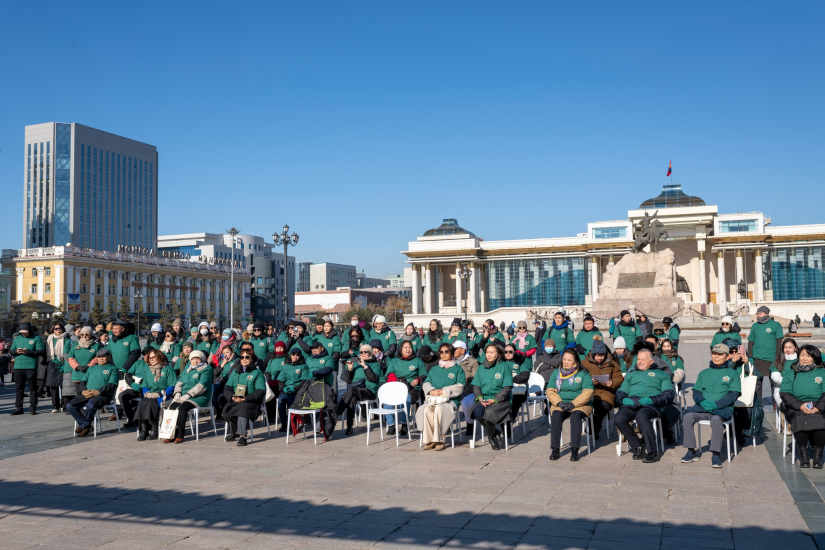
 Ulaanbaatar
Ulaanbaatar












